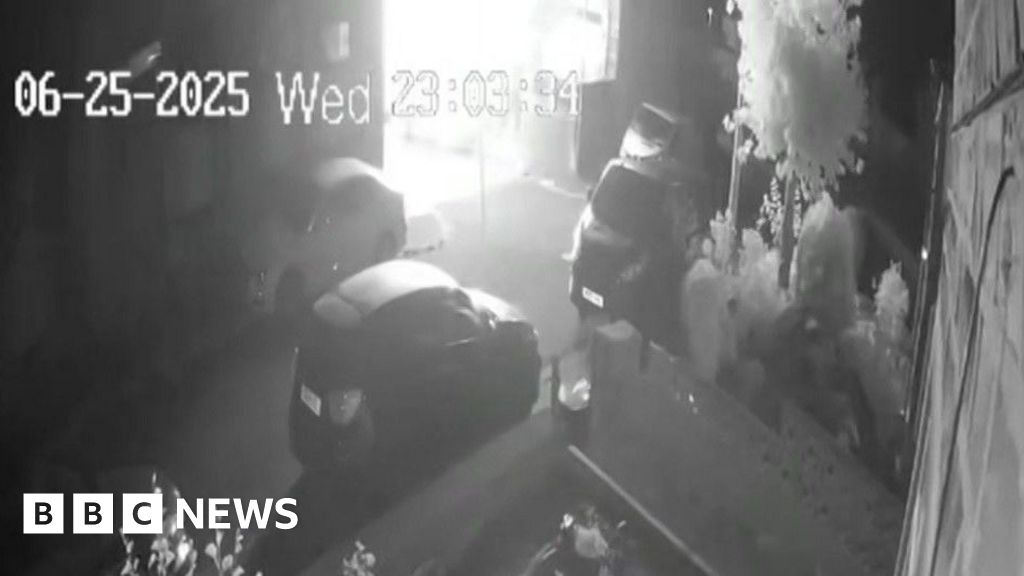When Trust Is Broken: What Parents Can Learn from the Preschool Tripping Incident
The incident unfolded in a Singapore preschool where , a , was found guilty of repeatedly tripping a . On more than one occasion, she deliberately used her leg to sweep the toddler’s feet while helping her during routine care—causing the child to fall face-first, at one point resulting in a bleeding nose (straitstimes.com).
What made this worse: it wasn’t a one-time lapse in judgment. It happened , and she didn’t stop—even though the toddler was visibly injured. The act was caught on , and only after a colleague raised concerns was the footage reviewed.
This was not just an accident—it was abuse. And it happened in a space that’s meant to be safe.
When we send our kids to school or childcare, we’re not just trusting that someone will teach them ABCs—we’re trusting that they’ll be loved, cared for, and kept safe. This case shattered that trust. And it forces us to ask:
Children as young as 20 months often lack the vocabulary to express pain, fear, or confusion. Many can’t describe exactly what happened to them. Which is why we simply cannot ignore.
This isn’t just about this one teacher—it’s about a system that must stay vigilant, and parents who need the tools to stay informed.
It can be difficult to tell if something is wrong, especially with toddlers. But there are signals. Trust your instincts and look out for:
Early intervention begins with .
Asking questions doesn’t make you a difficult parent—it makes you a proactive one. Here are some you can ask during enrolment, or even mid-year:
The goal isn’t to catch anyone doing wrong—it’s to .
You don’t need your child to give a full report. What you need is . Here’s how to create that safe space:
Remember, your child is learning how to trust their feelings. Your reaction teaches them whether it’s safe to share.
This case was reported and prosecuted—but not every case makes it to court. That’s why .
Here’s what you can do if something doesn’t feel right:
You’re not just protecting your child—you could be preventing future harm to others.
Every painful headline can become a . Sit down with your child today and:
By empowering your child, you help them build the confidence to protect themselves—even when you’re not around.
There’s no parenting handbook that tells you how to handle betrayal by a caregiver. But there is one truth: makes all the difference.
This incident reminds us all: no red flag is ever too small to act on. Let’s raise our children in safe environments—and teach them they have the right to be safe, always.
Because trust, once broken, can only be rebuilt by honest conversations and strong actions.
Got a parenting concern? Read articles or ask away and get instant answers on our app. Download theAsianparent Community on iOS or Android now!











